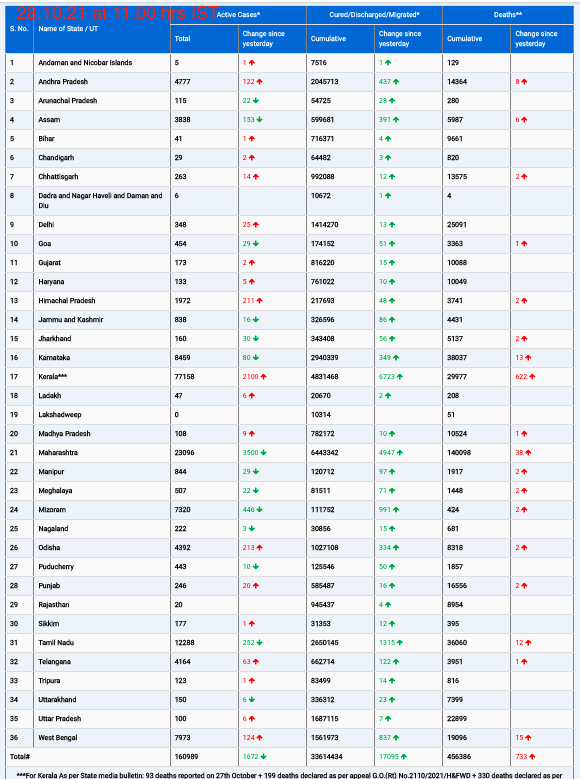A new observational study has uncovered a significant link between indoor temperatures and cognitive performance in older adults, raising important concerns about the potential effects of climate change on brain health. The research, conducted by the Hinda and Arthur Marcus Institute for Aging Research—affiliated with Harvard Medical School—has revealed that older adults experience fewer attention difficulties when their home temperatures are kept between 68–75˚F (20–24˚C). However, the study found that outside of this temperature range, the risk of cognitive challenges, such as trouble maintaining attention, doubles.
The study, titled “Home Ambient Temperature and Self-reported Attention in Community-Dwelling Older Adults,” monitored 47 adults aged 65 and older over the course of one year. The participants reported difficulties in maintaining attention at varying temperatures, with a 7˚F (4˚C) shift either above or below the optimal range resulting in noticeable cognitive decline.
Published in the Journal of Gerontology: Medical Sciences, the findings highlight that even with current climate conditions, many older adults are exposed to indoor environments that may be detrimental to their cognitive health. This issue is particularly concerning for low-income and underserved populations, who may face barriers in regulating the temperature of their homes.
Amir Baniassadi, Ph.D., the lead author of the study and Assistant Scientist II at the Marcus Institute, emphasized the need for better understanding of how environmental factors, such as temperature, impact cognitive function in older adults. “This research underscores the importance of ensuring that environmental factors like indoor temperature are considered in efforts to protect the cognitive health of aging populations,” he said.
This study builds on previous research conducted in 2023, which explored how temperature affected sleep and cognitive abilities in older adults. Together, these studies contribute to growing evidence that climate change is not only a threat to physical health but also has far-reaching effects on cognitive function.
The research calls for urgent public health interventions and housing policies to enhance climate resilience for older adults. “As global temperatures continue to rise, ensuring that seniors have access to temperature-controlled living environments is crucial to safeguarding their cognitive well-being,” Baniassadi added.
To mitigate these risks, experts suggest integrating smart home technologies that optimize indoor temperatures, improving energy efficiency in housing, and expanding access to cooling resources. These measures could be especially beneficial for older adults who may be vulnerable to cognitive decline due to environmental factors.
The study was conducted by a team of researchers from the Marcus Institute, including Wanting Yu, BSc, Project Director I; Thomas Travison, Ph.D., Senior Scientist; Ryan Day; Lewis Lipsitz, MD, Director of the Marcus Institute; and Brad Manor, Ph.D., Associate Scientist.
For more information, refer to the study: Home Ambient Temperature and Self-reported Attention in Community-Dwelling Older Adults, The Journals of Gerontology, Series A: Biological Sciences and Medical Sciences (2024). DOI: 10.1093/gerona/glae286.












